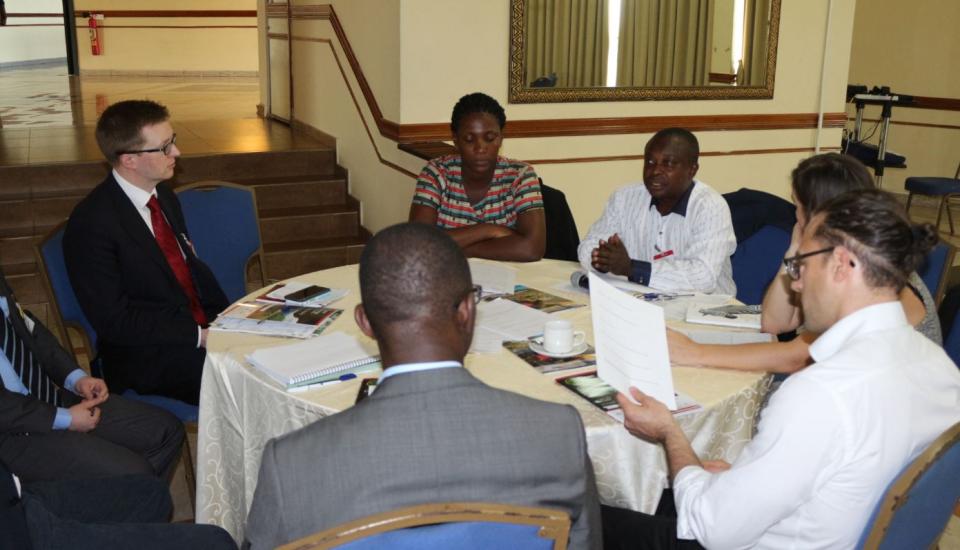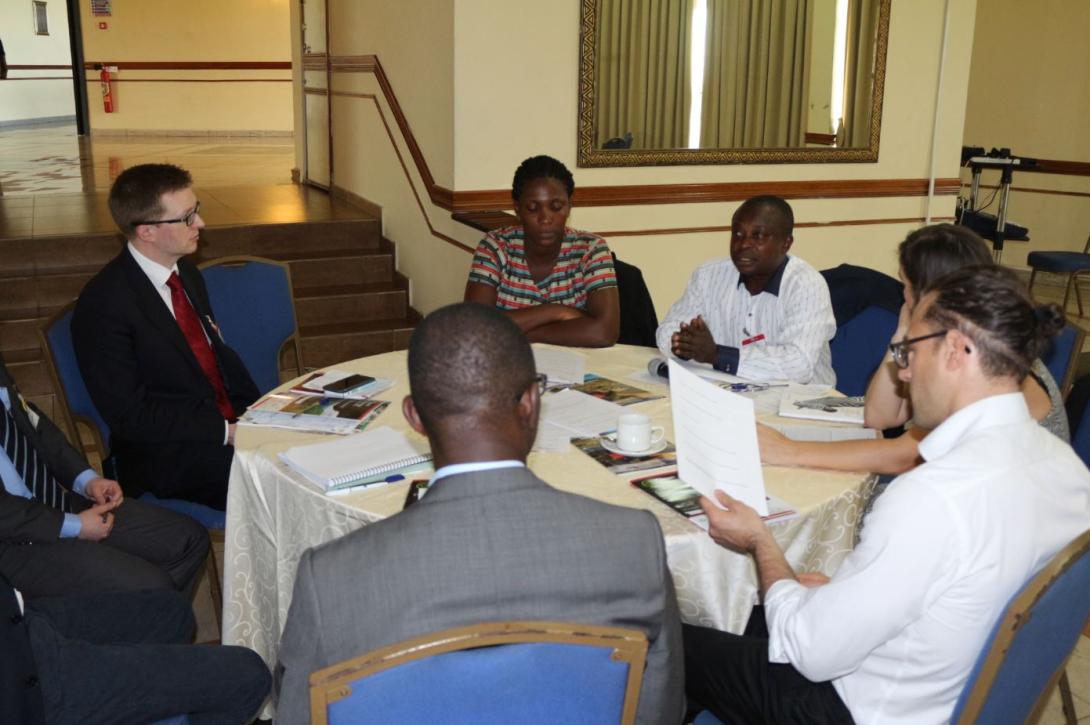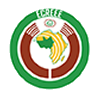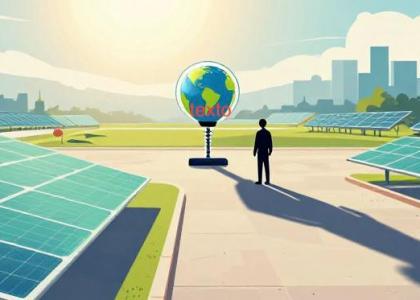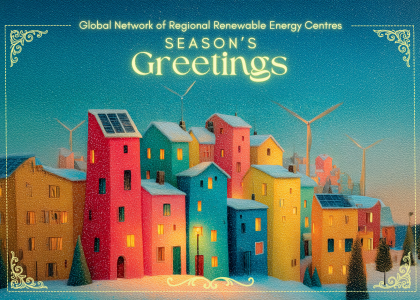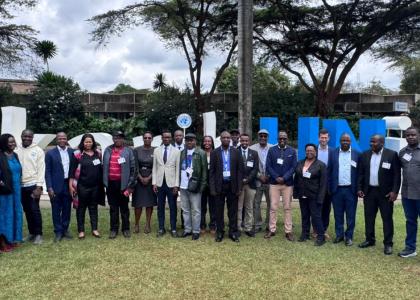The Clean Energy Summit Africa was held in Accra, Ghana, from 4 – 5 April 2017. Now an annual event, this is the third consecutive time it has been held in Accra, Ghana, with the objective to create a platform for project developers (both small and large) to meet and create new businesses in the clean energy sector. Incorporating the 3rd annual Solar & Off-Grid Renewables West Africa conference to the event, , the Clean Energy Summit, which covered all renewable energy technologies, paid special attention to the development of solar energy technologies in West Africa.
The event took place at the La Palm Royale Hotel, bringing together government ministers, local utilities and international developers, independent power producers (IPPs), engineering, procurement and construction (EPC) companies and installers, development banks, commercial banks, funds and equity investors, energy buyers from both the commercial and public sector, rural electrification experts, foreign direct investors, consumer appliance manufacturers, mobile payments experts and micro-financiers.
John Yeboah and Monica Maduekwe, ECREEE Programme Officers, played very important roles on both days of the workshop, raising awareness of ECREEE’s activities and achievements in the clean energy sector. John Yeboah gave a keynote presentation on the topic: ‘From Rhetoric to Action - Getting Energy Installations Done’ and hosted the round table discussions on ‘Promoting Clean Energy in Cabo Verde. Monica Maduekwe, on the other hand, hosted a round table session on ‘Investible Opportunities in Energy Value Chains for Women in West Africa’ and facilitated the panel on ‘Encouraging more women into the Renewable Energy Industry’.
Mr. Yeboah’s presentation sparked keen interest of participants especially on the development of Renewable energy projects in West Africa over the 2016/2017 calendar years. The West Africa Clean Energy Corridor (WACEC) which aims to provide 2GW utility scale solar PV source of energy across the ECOWAS region equally caught the attention and interest of the participants.
The Round Table session which ECREEE facilitated dwelt on Cabo Verde as a case study country for adoption of clean energy in the total energy mix of the country. The event was specifically organized to get insights on the current power installed and the energy mix as well as policies in place and technologies they cover. It was discussed what targets are in place, either percentage of people receiving access to power or percentage of renewables in the mix, which guarantees and Utilities in place in the country, what the situation with local grid and what plans have been made, if any export opportunities.
The discussions that ensued after presentation on the above topics as pertained to Cabo Verde heightened the interest of many of the investors present who openly showed interest in Cabo Verde’s energy sector and market. Many energy promoters at the meeting indicated their willingness to liaise with the political authorities in Cabo Verde as to how to invest in the country’s energy market.
The organizers of the Clean Energy Summit were of the view that, many country presentations could be included in any future conference because the round table was seen as a good source of information for investors and energy promoters.
The Round Table session on ‘Investible Opportunities in Energy Value Chains for Women in West Africa’ was organized by ECREEE and the African Development Bank (AfDB) to raise awareness of the joint project on ‘Feasibility Studies on Business Opportunities for Women in a Changing Energy Value Chain’ and to hear from the women entrepreneurs there how the project could be implemented to meet their needs.
Building on the discussions from the round table, the session on ‘Encouraging more women into the Renewable Energy Industry’ provided a good opportunity to present to the participants ECREEE’s work in that area. The session was facilitated by Monica Maduekwe who covered topics related to the ECOW-GEN programme, the regional policy on Gender Mainstreaming in Energy Access as well the ECOW-GEN Facility.
Discussions and recommendations from the session showed that ECREEE is on the right path. These include the suggestion to give visibility to women-led energy projects; establishing a gender-sensitive grant facility for women-led projects; vocational training, especially in energy finance, technology and business management; establishing legal instruments that promoted women’s interest and supporting girls in STEM – Science, technology, engineering and mathematics, all of which are already being implemented by ECREEE and will be further met through the implementation of the ECOWAS regional policy on Gender Mainstreaming in Energy Access.
The feedback from the women entrepreneurs was that they needed to be engaged more in the activities implemented in the region.

